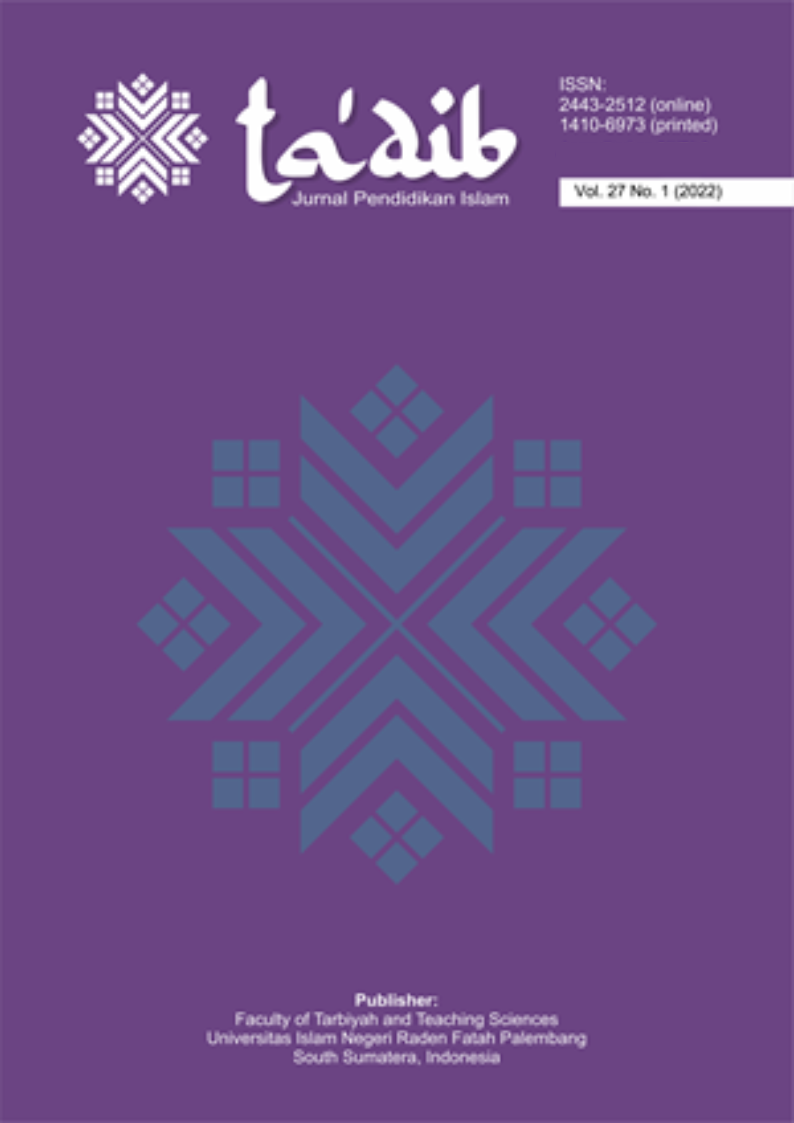Implementation of Merdeka Curriculum in Islamic Religious Education Learning: Analysis of Principles and Assessment Models
Main Article Content
Abstract
The purpose of this study is to analyze the PAI learning evaluation model in the Merdeka curriculum. To find out the obstacles faced by teachers in implementing the Merdeka Curriculum in PAI subjects. This research uses a qualitative method with a descriptive approach. Data collection was carried out through interviews, observation and documentation. The data analysis technique goes through the stages of data reduction, display and conclusion drawing. The results showed that the Merdeka Curriculum emphasizes flexible evaluation that gives students the freedom to determine their interests and talents. The evaluation used includes diagnostic, formative and summative assessments, using types of assessment instruments in the form of rubrics and anecdotal notes. Teachers face obstacles in implementing the Merdeka Curriculum such as time constraints during working hours, lack of involvement of school stakeholders with parents, diversity of student abilities, and less than optimal feedback and monitoring follow-up.
Article Details

This work is licensed under a Creative Commons Attribution-ShareAlike 4.0 International License.
The requirements that must be met by the author are as follows:
- The author saves the copyright and gives the journal simultaneously with the license under Creative Commons Attribution License which permits other people to share the work by stating that it is firstly published in this journal.
- The author can post their work in an institutional repository or publish it in a book by by stating that it is firstly published in this journal.
- The author is allowed to post their work online (for instance, in an institutional repository or their own website) before and during the process of delivery. (see Open Access Effect).

